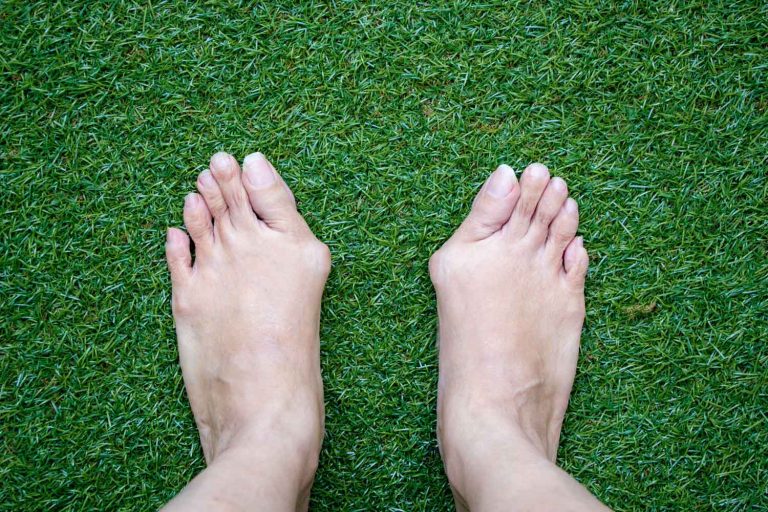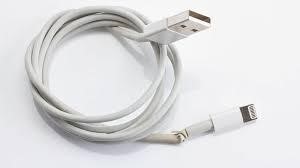If you want to lose weight, you should know that it is estimated that to lose one kilogram of fat a net caloric expenditure needed 7,700 calories. In other words, diet, energy you eat has to be less than you spend (naturally or playing sports). If equal, your weight stabilizes, if higher, slimline. Just simple…
Dieting or Exercise
A few days ago I commented on the blog that the most effective strategy for weight loss is controlling your diet, eating a balanced way but in reasonable quantities not eating too many calories. But also it highlighted the importance of sports daily, not only to spend more calories, but also to have a better physical condition.

The answer to the question: diet or exercise? It is a combination of both, but having clear that controlling your diet is key because the amount of energy that can burn doing sports is limited.
Theoretical weight loss
As indicated at the beginning, about 7700 calories represent about one kilo of fat. But talk of a net caloric expenditure is clearly telling the difference between the energy expended and you eat. From there we can make some assumptions.
Take first the case of a man weighing 80 kilos and want to lose 5 kilos. Let’s assume you have a largely sedentary and spends about 2,200 calories a day. What will happen after a month in different cases?
- The busiest man does and eats about 2,500 calories a day. After 30 days there will be gained weight (just over a kilo).
- The man increased his activity at a moderate level (2,500 calories per day) and eats about 2,500 calories a day. At the end of the month, it will clearly as now.
- The man greatly increases their physical activity (2,800 calories per day) and eats about 2,500 calories a day. At 30 days there will be lost just over a kilo.
- Our subject increases its activity to a moderate level (2,500 calories a day) and slightly reduced food intake (2,200 calories a day). At 30 days there will also be lost just over a kilo.
- Finally, the man combines increased physical activity (2,500 calories a day) with a stricter drinking levels (1,900 calories a day) control. After a month, you will have lost 2.5 kilos. This means that in two months, reach their goal weight loss.
Why not go further in the assumptions? It could indeed say that our man feeding hand cut 1,500 calories a day while significantly increasing their physical activity (2,800 calories a day). Then the man would lose one kilo every 6 days and fulfill his goal to lose 5 kilos in a month. However, there are several reasons why is not recommended doing so:
- The weight that is lost quickly, recovers quickly. To lose a lot of weight in a few days forgo much needed and get plenty of exercise, it is normal that most people diet as a kind of mission command is taken. They can endure weeks to achieve the goal, but later, when they have succeeded, relax and have not taken as sustainable habits, fat again.
- Too drastically restrict the diet can be dangerous, and can occur even dizziness or blackouts if the fasting person has to make a particular effort.
- Do too much physical activity when one is not accustomed can lead to injuries, fainting, or severe heart problems.
What is recommended caloric deficit?
Many experts agree that it is more advisable to lose weight is to have a caloric deficit that does not exceed 10 or 15% of normal energy expenditure of the person. That is, a person who normally spends about 2,500 calories a day should eat between 2,125 and 2,250 calories. This means that such a person would take on the best 20 days to lose a kilo, i.e. three months to lose 5 kilos you have indicated.
The problem with this approach is that the results are slow to materialize, and a person can lose motivation along the way. But the big advantage is that after three months of a healthy diet, habits have changed probably and easier to maintain good habits that person in the future, even up a little caloric intake. Visit http://clickmyemails.com/ for more.















+ There are no comments
Add yours